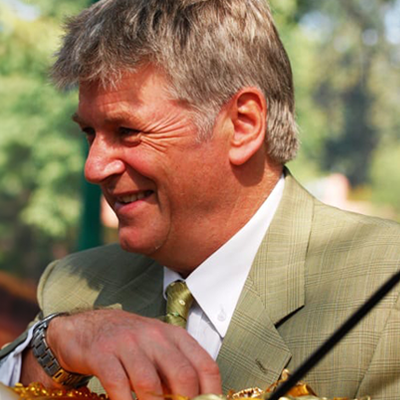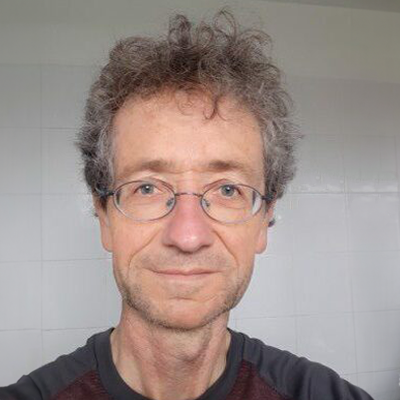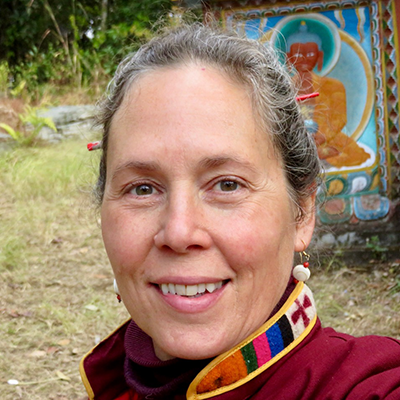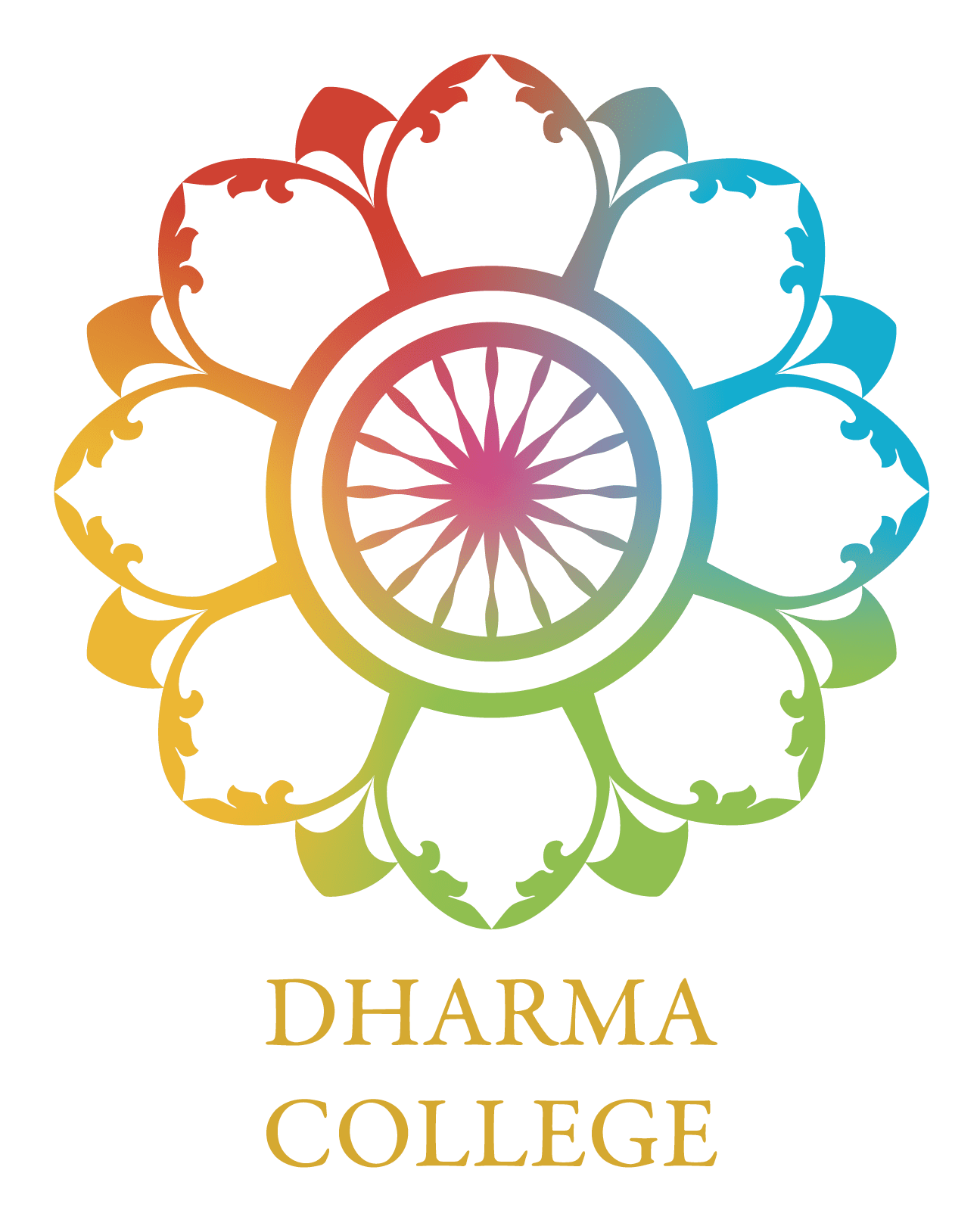This one year course works through Tarthang Rinpoche’s
Revelations of Mind, using Richard Dixey’s commentary, Searcher Reaches Lands
Limits. There are five six week terms, totaling 30 classes overall, with a
revision class at the end of each term, and a weekly movement class.
Mind itself has rarely been the subject of
serious observation and sustained inquiry. This can reveal a way of
understanding that dissolves our problems and blossoms into creative freedom.
As it is, beset by misunderstanding, our world staggers from one crisis to the
next. Imprisoned by our own concepts, blind to the effects they have on our
behaviors, it’s hard to find a way forward. The path of understanding addresses
these problems directly. We’ll begin with how mind can examine mind, then
explore inner narratives. We explore how cognition is structured, leading to a
new appreciation of how we construct our experience. Closely coupling classes
with meditation exercises, we deepen our understanding of the ongoing
relationship between what we see and what we think, revealing a freedom within
mind that is totally unexpected. This new freedom is deepened until it can be
accessed at any point- a true Revelation of Mind.
Testimonials
"This is a unique course about theory and
practice of non-conceptual knowing/understanding. Richard Dixey is a clear and
knowledgeable instructor and the content is grounded on conceptual, structured
teachings. This series of classes have altered my view!'
Tania V.
"I’ve studied Buddhism for 40 years plus and the
searcher course was a real eye-opener answering many questions that I'd puzzled
over, all of this in my own language without any jargon. It really is a
pleasure to take part in a course like this. A really interesting and unique
course, a game changer and highly recommended.'
Andy W.
"This is a superb class--referring to the entire
Searcher Reaches Land's Limits series. Participants from widely different
backgrounds engaged in careful, systematic reading of Revelations of Mind and
the commentary, week by week, a few chapters at a time. The class is suitable
for anyone who lives in a body and has a mind. It requires reading,
contemplation, and engagement with the material to reap the benefits, but the
support and guidance is there. This is extraordinary material and very, very
well presented."
Lauri H.
Classes meet online
for six weeks, for one and a half hours a week. Classes are recorded and you
will have access to the recordings for your personal use only. Each week, there
will be a short lecture followed by experiential practices and discussion.
Weekly handouts will provide inspirational readings and the instructions you
need to continue your experiential learning at home. An online community portal
gives you the optional ability to meet and dialog with your fellow students. A
review class is offered at the end of each term, and an embodied movement
practice class is offered weekly.
Term 1
Week 1: Omnipresence of Mind
Week 2: Regime of Mind
Week 3: The clarification of experience
Week 4: Mind on Automatic
Week 5: Victims of our own display
Week 6: Self-identity closes the Regime of Mind
Term 2
Week 1: Opening the path
Week 2: Finding the calm state
Week 3: A staff for the Taklamakan
Week 4: Going beyond the known
Week 5: Deeping our enquiry
Week 6: Where were you when I laid the foundations of the
earth
Week 7: Review class
Term 3
Week 1: Transmigration
Week 2: The Maya of Time
Week 3: It’s labeling time
Week 4: Maya as creator; making a narrative
Week 5: Beginnings and endings
Week 6: Rushen
Week 7: Review class
Term 4
Week 1: No characteristics, no expectations
Week 2: Stopping the world
Week 3: A shift in the center of being
Week 4: Connecting to a cause
Week 5: Working with reactivity
Week 6: Overcoming Stoicism
Week 7: Review Class
Term 5
Week 1: Without foundation
Week 2: Seeing-knowing
Week 3: Tracking back the how
Week 4: Path advice for self
Week 5: Path advice for other
Week 6: Revelation of Mind
Week 7: Review class
Richard Dixey holds a Ph.D. from London University, an M.A. with distinction in the history and philosophy of science from London University, and a B.A. Hons from Oxford. He was director of the Bioelectronic Research Unit at St Bartholomew's hospital in London for fourteen years before founding and becoming the Chief Executive of Phytopharm PLC, a biotechnology company listed on the London Stock Exchange. Richard has been a student of Buddhism since 1972 and has traveled extensively in the Himalayas, India and South East Asia. He is currently an advisor to the Khyentse Foundation.
Simon Cook has a Geography Degree from Southampton University, and a Postgraduate Certificate in Education from Oxford University. He taught English Language to adults for many years, in the UK and Europe, and has taught Tibetan refugees in India. Simon did the Nine-month Kum Nye Tibetan Yoga Program at the Nyingma Institute in Berkeley in 1986/87. He works for the charity Age UK, helping older people. He teaches Kum Nye at a local therapy center.
Khandro Kunzang has been a devoted student and follower of the Dharma and traveled to Nepal to pursue her practice of the Dharma, studying under eminent Nyingma Yogis, and completing traditional retreats. She was enthroned as a Lama in 2011. Since the passing of her late husband, Acharya Dawa Chhodak Rinpoche in 2017, Khandro Kunzang divides her time between teaching and leading retreats throughout Europe, Mexico and the US; serves as the Executive Director for Saraswati Bhawan and Phurba Thinley Ling in Lansing, Iowa; oversees the translations and publications of practice texts available on Saraswati Publications; heads the P’hurba Peace Mandala Project International; and offers teachings, guidance and support to students world-wide. She integrates the writings of Tarthang Tulku with her Dharma teachings, and became a certified Kum Nye Yoga instructor in 2019.




